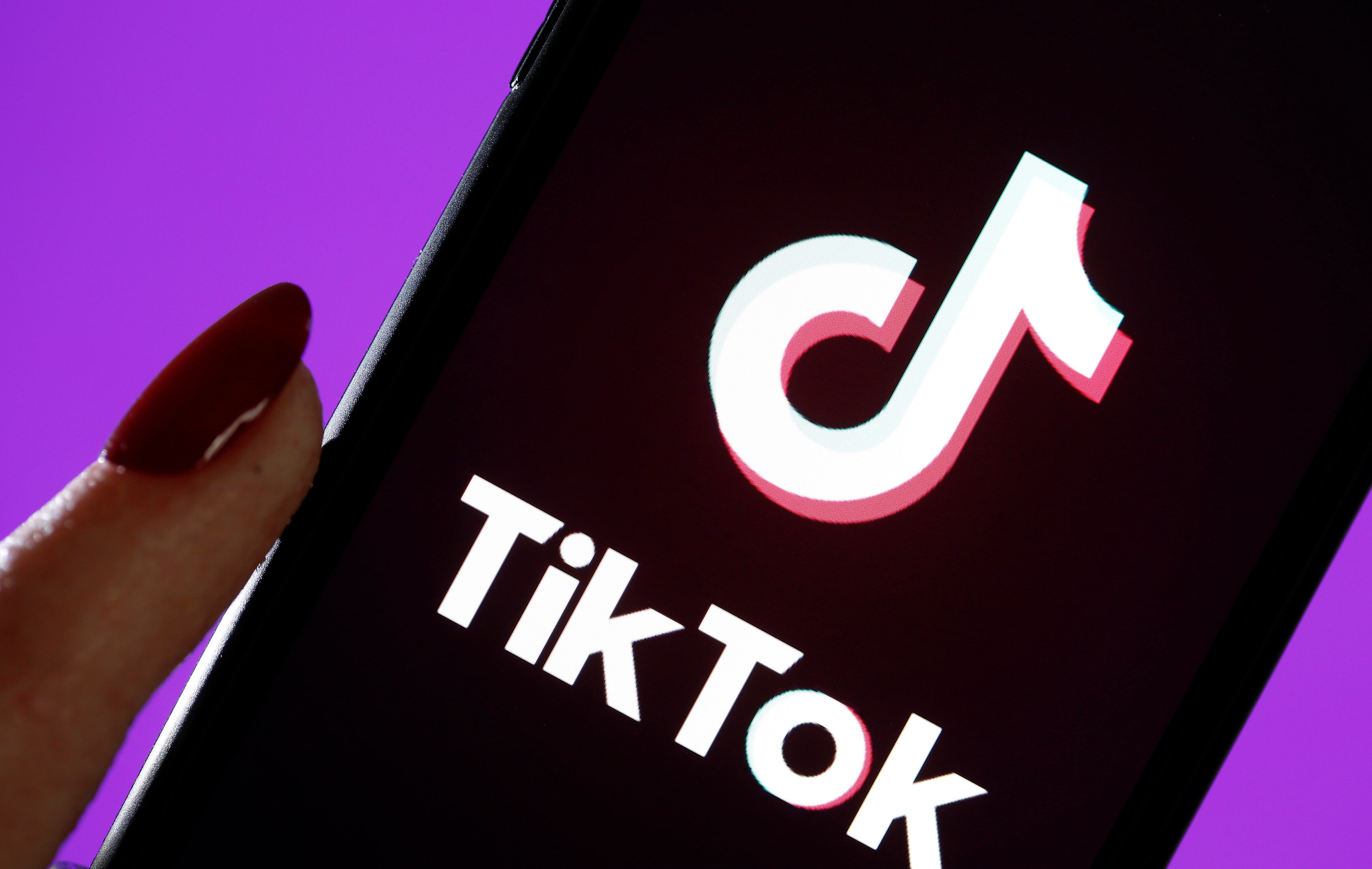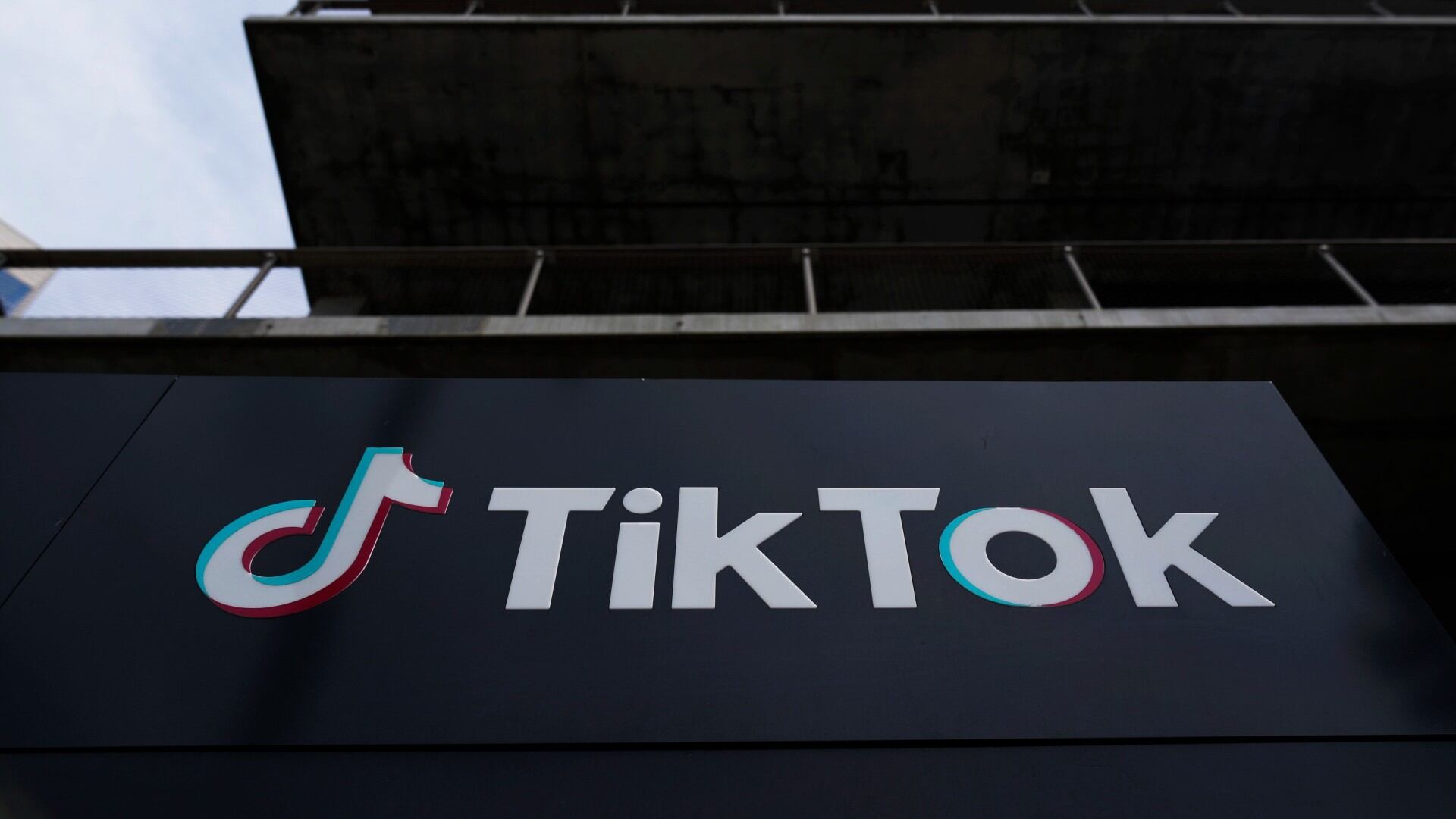New York EdTech Week, the global education innovation festival in NYC taking place December 18-20, 2017, attracts over a thousand tech innovators, investors, policymakers, and others, with the goal of making new advancements in education technology. Jonathan Harber, Co-Founder of StartEd and Producer of the event, was with us to discuss the upcoming event. NYC-based EdTech firms have received $1 billion in venture capital investment between 2008 and 2017, making up 12.5% of VC investment in the industry across the country. Forty-seven companies have been acquired since 2000, the most of any city in the country. San Francisco/Silicon Valley had the second-most acquisitions in that time with twenty-nine. Harber breaks down how NYC has been able to position itself ahead of Silicon Valley as a hub for EdTech. Harber points to the extensive ecosystem that has built the foundation for New York to be a hub for EdTech innovation. He emphasizes that the city is home to the most significant learning infrastructure in the world, including 55 public and private colleges and universities, 2,666 K-12 schools, and nearly 2 million students.












